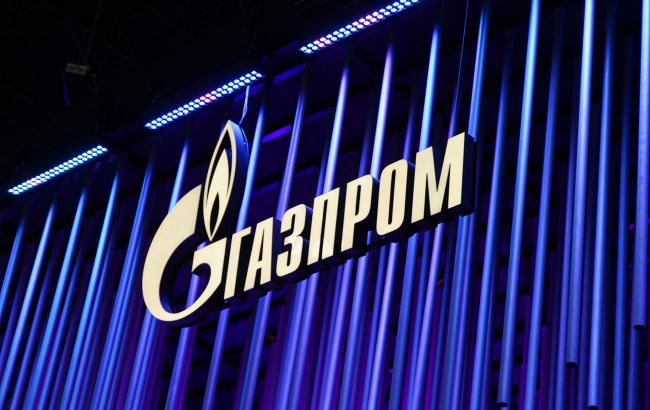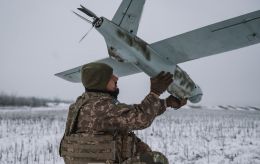Gazprom loses EU market and raises prices for Russian residents - UK intelligence
 Gazprom loses EU market and raises prices for Russian residents (Getty Images)
Gazprom loses EU market and raises prices for Russian residents (Getty Images)
Starting July 1, 2024, Russia raised domestic gas prices by 11.2%. This hike is aimed at increasing revenues in the Russian domestic market in response to the loss of gas exports to Europe, citing the UK Ministry of Defense on X.
According to the briefing, the loss of the EU market resulted from sanctions against Russia for its invasion of Ukraine, as well as Russia’s deliberate reduction of gas supplies to Europe in response. In 2023, Gazprom's net annual loss amounted to approximately $6.9 billion, marking its largest annual loss in 25 years.
Gazprom, one of Russia's state-owned energy companies, is considered a monopoly in the domestic gas supply market. Thus, the price increase is regulated by the Russian government, the report says.
British intelligence data indicates that inflation in Russia is likely to remain above the Russian central bank's target of 4% in the second half of 2024. This is partly due to the rise in domestic gas prices along with other household bills and increased government spending, primarily driven by Russia's rising military expenses due to the war in Ukraine.
The UK Ministry of Defense writes that gas prices for Russian households have increased by nearly 34% since the invasion began, despite Russia becoming the world's second-largest producer of natural gas in 2023. In 2025, they are expected to rise another 8.2%, almost certainly exacerbating inflationary pressures in the Russian economy and weakening the purchasing power of ordinary Russians.
Loss of EU market
In 2022, Russia supplied about 63.8 billion cubic meters of gas to Europe via various routes. Last year, the volume decreased by another 55.6% to 28.3 billion cubic meters.
At its peak in 2018-2019, the annual gas flow to the region reached between 175 and 180 billion cubic meters.
Gazprom reduced gas production in 2023 to 355 billion cubic meters compared to 514 billion cubic meters in 2021. In 2023, Gazprom incurred a net loss of $7 billion, a first since 1999.

